(By Mo Honge, Wu Xinru)
(ECNS) -- Chinese President Xi Jinping spoke with U.S. President Joe Biden on the phone on Tuesday at the request of the latter. The two presidents agreed to take further steps to expand people-to-people exchanges.
How can China and the United States convey friendship via musical exchanges? What are essential ways for Chinese people to enlarge the global reach of Chinese culture?
To delve into these questions, China News Service has invited Professor Wu Rina, a first-class national artist and Ewenki ethnic singer at the School of Music of Minzu University of China, and Professor Mark Levine, an American professor, sociology PhD and country musician at the same university, to have a dialogue in the latest W.E. Talk.
Wu noted that music knows no borders and transcends language barriers. Music is the most direct way for us to communicate. China's multi-ethnic cultures can learn from each other, and this also holds true for exchanges between Eastern and Western cultures. We get to feel the cultural connotations of each other through music.
To Levine, China is like a book of music. While creating a variety of songs, he has been a witness to the Chinese people's welcoming and inclusive manner. He also encourages more foreign people to come to China, experience Chinese culture, and become "cultural ambassadors" to share their stories after returning to their home countries.
Here's an excerpt of the dialogue.
China News Service: Professor Levine, China is rich in ethnic culture. Having traveled across the country with a particular focus on rural life in your music, what do you think are the most attractive parts to you?
Mark Levine: I think that what's most attractive is learning the fact that while we are in China, there's a great diversity of Chinese cultures. This is one of the things I believe that many people in my country are completely unaware of that. If they think of China, they think there’s China and everybody is the same. No, it's a very great and diverse country. I've written about this in my songs. I've written about it in my books. My focus is to tell the stories by speeches and books and songs, in any way possible, and to let the world know about the great diversity.
China News Service: How do you view the role of songs in cultural inheritance?
Wu Rina: The Ewenki ethnic group has its own oral language. The three tribes -- the Suolun, the Tunguska and the Reindeer Ewenki -- each has its own dialect. However, the Ewenki ethnic group lacks a written language. So, I believe that Ewenki folk songs indeed play a vital role in cultural inheritance.
Folk songs are the source of culture and music. They encompass ethnic languages, depicting our geography, the lives of our ancestors, as well as concepts of education, ecological conservation, and our gratitude towards nature. Folk songs involve a multitude of aspects.
Mark Levine: Throughout history, there have been situations where cultures that didn't have a written language would pass on those stories, often through songs and poems. I think music is a very good way to do that. And because the songs might teach about history, they’ll teach about culture; they'll teach about different ways of life, of people who come from different backgrounds, from different countries. And all together, they can create something that is bigger than any of those ethnic groups.
It's similar to me having a Chinese music partner. We sing in English. We sing in Chinese. When she plays Erhu, I play guitar. So we have the mixture of these cultures and you can create something new.
China News Service: Professor Levine once compared China to a book of music. Could you explain it in detail?How do you view this?
Mark Levine: In my apartment, I have a music stand. And on that music stand is a notebook. It has the lyrics to my 80 or so songs in there. And if you look through the songs, you'll find songs about Lijiang. You'll find songs about Sanya. You'll find songs about Zhangjiajie. You'll find songs about Dalian. You'll find songs about the (2022) Winter Olympics and the (2008) Summer Olympics, about the Wenchuan Earthquake, about the 100th anniversary of the Communist Party of China, about the 70th anniversary of (the founding of the People's Republic of) China. You'll find songs about everything.
Wu Rina: China is officially composed of 56ethnic groups, which gives rise to diverse music genres, including regional styles. The regional music constitutes a vast repertoire, with each region, ethnic group, language, mountain, sea, grassland and river showcasing distinct characteristics. This includes the music of the Ewenki ethnic group that lives in the northern part of China. The styles of music, languages and melodies of each ethnic group, along with depictions of mountains, seas, grasslands, and deserts all contribute to a musical repertoire, which is unparalleled in richness and diversity worldwide.
China News Service: We usually say that music knows no borders. It can be a bridge. What do you think China and the U.S. can do to spread a message of friendship via better musical exchanges?
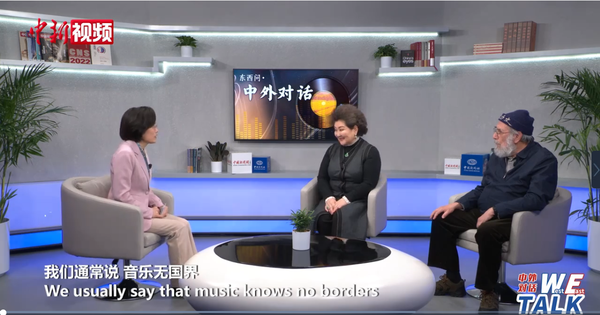
Wu Rina: Music knows no borders and it helps us communicate even though we don't speak the same language. When you listen to some good music, your stress can be alleviated. So music has profound implications. When I say "Music knows no borders," I mean there's no need for us to actually talk, since the humming alone can be evocative. Music is the most direct and immediate way for us to communicate.
I once led the troupe of Aoluguya, a stage play about the life and culture of the Ewenki group, to participate in the 4th Folk Arts Festival in Santiago, Chile. The audience enjoyed it. Our worship of nature and songs showing our gratitude to it, our love for animals, like bears, can strike a chord among people and evoke their emotional responses. This is true for people from across the world.
We didn't say any word on the stage. But with a single dance move, we can resonate with our audience. That's why I said our interactions via music know no border.
Mark Levine: I was at a Yi Ethnic Festival at Minzu Daxue (Minzu University of China). And I was sitting next to one of my students and I asked her to translate for me what a singer was singing. As she translated it, I realized I know this song. I never heard this song before. It was in the Yi language.
The song was essentially the same as a very famous American song, called Take Me Home, Country Roads. It was talking about somebody that had to leave their home in the countryside and go to the city to work, but meanwhile, they were missing home. And that's the same song.
And there are a number of foreigners I know in China who played Guzheng, who played Erhu, who played the variety of Suona, a variety of different music instruments because they heard them and they wanted to get closer to be able to experience that.
It's absolutely necessary to give students an opportunity to see, to experience, to talk, to listen, to learn, so that they can then become ambassadors back to their own country, my country, and tell them about what they saw, right?
China News Service: I know that both of you have many students from different ethnic groups across China. What have you seen from the interactions between these students?
Wu Rina: I've been teaching at Minzu University of China for decades, at least 30 years. My students come from different ethnic groups across the country. I like them very much. The students have various backgrounds. They bring their cultural backgrounds to the university. We sit together and communicate with each other. I found that there's a lot to learn from each other. It also holds true for exchanges between Eastern and Western cultures. We enjoy mutual learning and communication.
Mark Levine: I've been teaching at Minda (Minzu University of China) for 16 years. One of the things that struck me the most was that in the United States, we don't really understand that China is a multi-ethnic country. If we hear about different ethnic groups, usually the U.S. media refers to conflicts, which aren't real.
And I look out at my class, and I see students from many different ethnic groups. What are they doing? Are they fighting? No, they're studying. What happens after class? Maybe they're studying together more or maybe they're eating together or playing together or shopping together. And that, in fact, they understand that they are all Chinese, but at the same time, they're proud of their own culture.
The best way for somebody to understand China is to come and see for themselves, right? Use their own eyes, talk to people, travel around, and they will find wherever you happen to be that people are very welcoming.
I was in Kashgar before and there were Uyghur people and Kyrgyz people and Tajik people, people living and working and getting along and children in schools together. But you need to see it. That's really the best way for a lot of people to believe.
















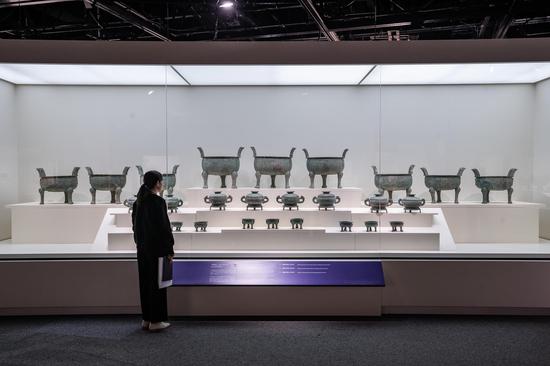




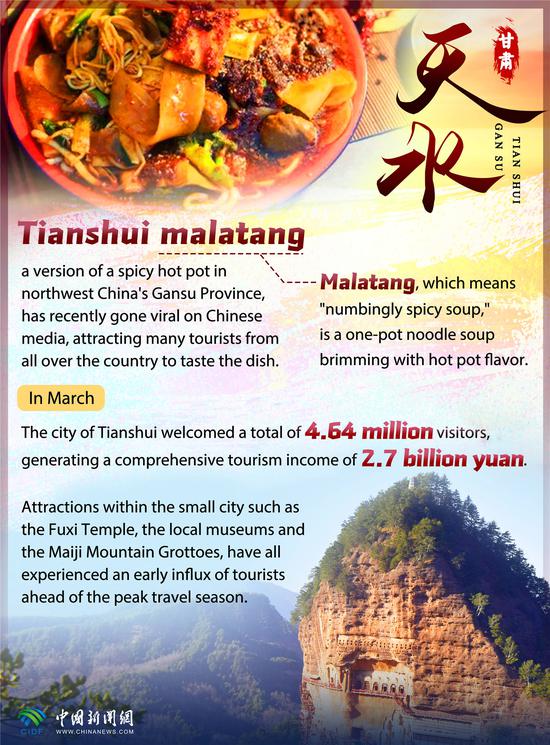





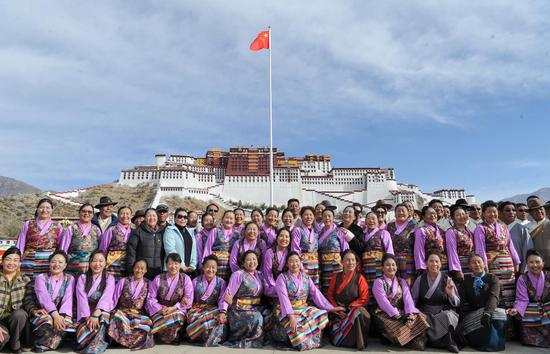
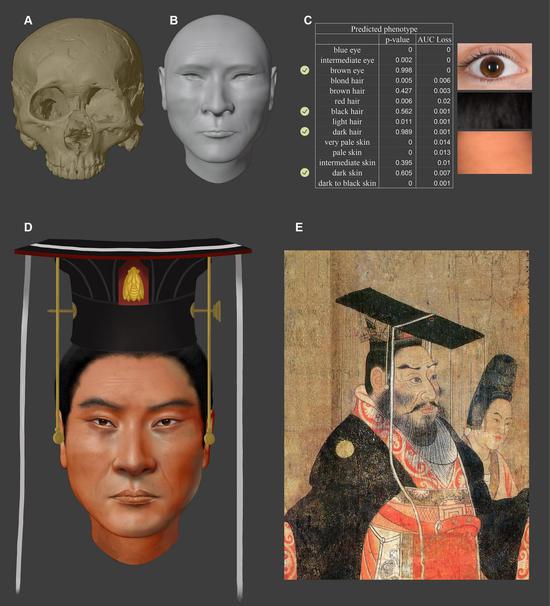



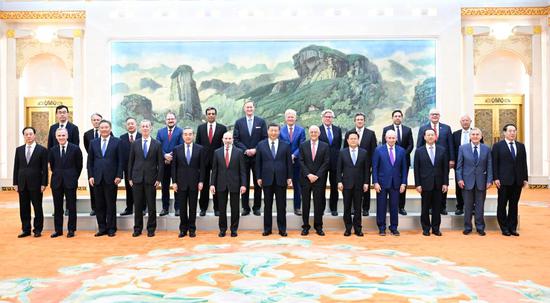
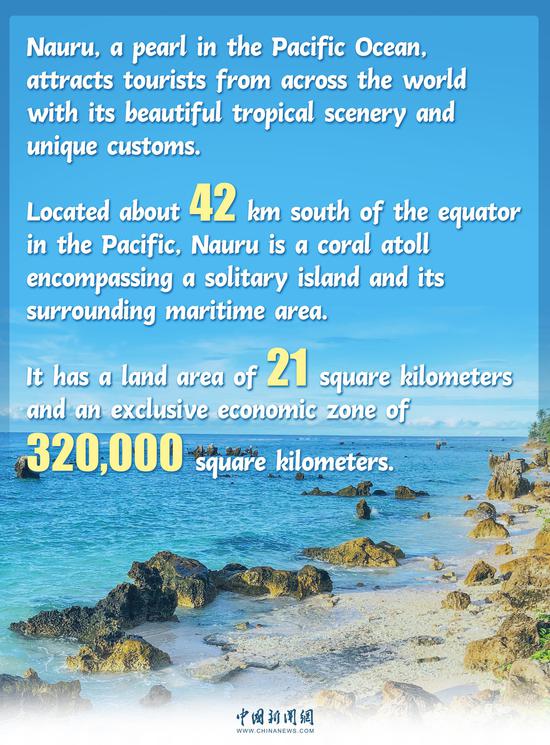





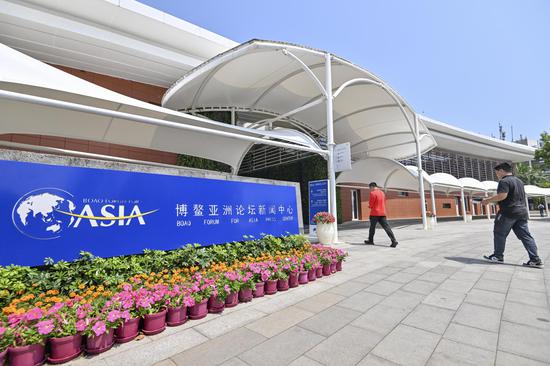
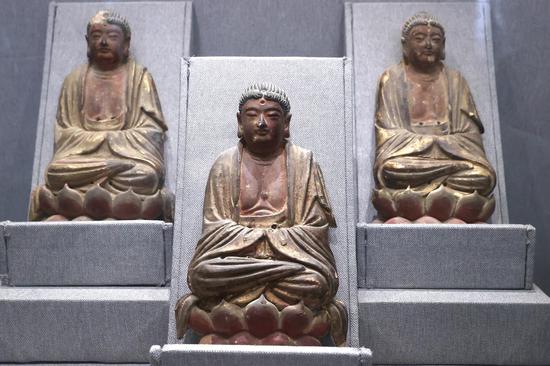

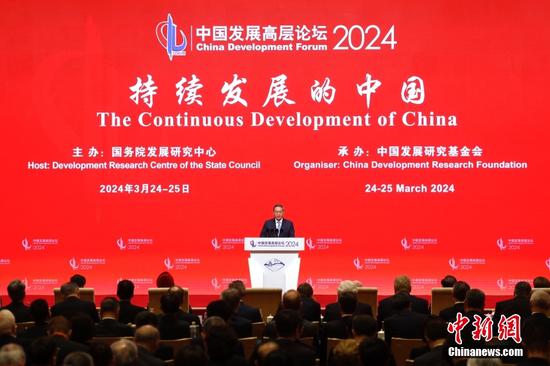



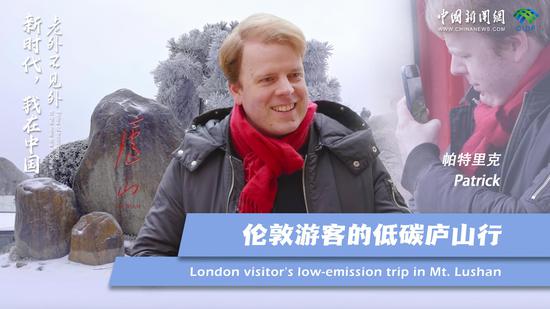



 京公网安备 11010202009201号
京公网安备 11010202009201号